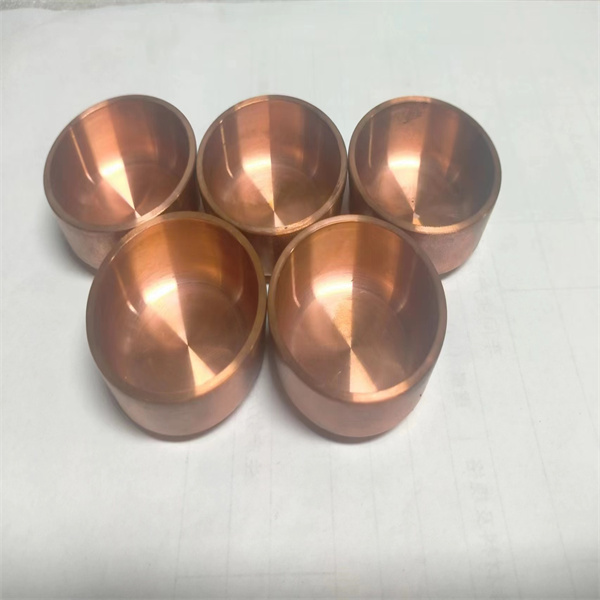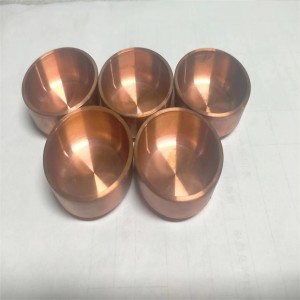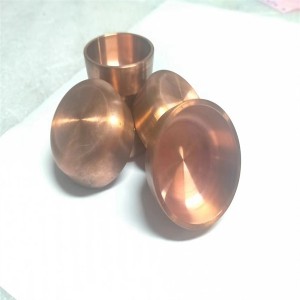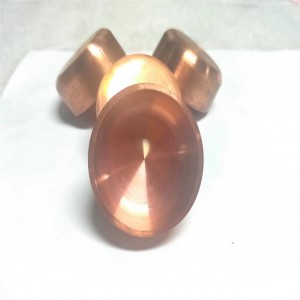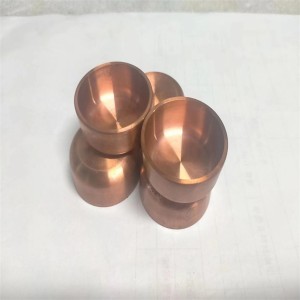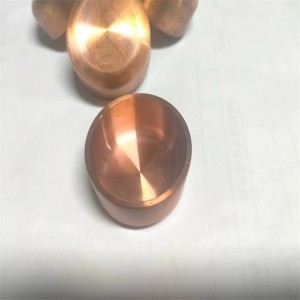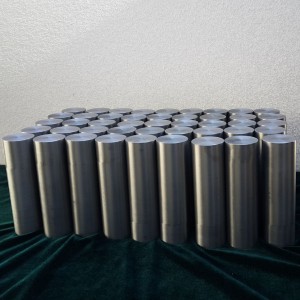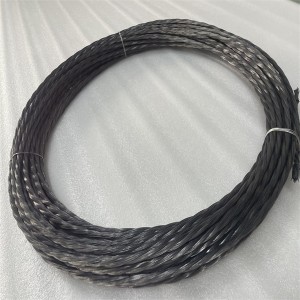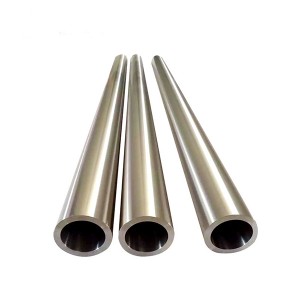high temperature tungsten alloy melting pot crucible for laboratory
The maximum temperature of a tungsten crucible depends on the specific tungsten alloy material and manufacturing process. Generally speaking, tungsten crucibles can withstand temperatures in excess of 3000°C (5432°F), which makes them suitable for processing materials that require extremely high temperatures, such as the melting and casting of refractory metals, ceramics, and other high-temperature materials. However, the specific alloy composition and potential interactions with the material being processed need to be considered to ensure crucible performance over the expected temperature range.

Yes, tungsten crucibles can be used with different metals, but it is important to consider the compatibility of the crucible material with the specific metal being processed. Tungsten crucibles are often chosen for their resistance to high temperatures and chemical corrosion, making them suitable for a variety of metal melting and processing applications. However, certain metals or metal alloys may have specific interactions with the crucible material, such as potential reactions or contamination, which may affect the quality of the processed material. Therefore, crucible materials must be evaluated for compatibility with the specific metals and alloys used to ensure the integrity of melting and processing operations. Additionally, proper cleaning and maintenance of crucibles between different metalworking runs is important to avoid cross-contamination and ensure consistent performance.

High melting point alloys include:
1. Tungsten-based alloy: Tungsten has one of the highest melting points among all metals, and its alloys such as tungsten-rhenium, tungsten-molybdenum, etc. also exhibit high melting points.
2. Molybdenum-based alloys: Molybdenum and its alloys, such as molybdenum titanium zirconium (TZM) and molybdenum lanthanum oxide (ML), have high melting points and are used in high temperature applications.
3. Refractory metal alloys: Alloys containing refractory metals such as niobium, tantalum, and rhenium are known for their high melting points and are used in high-temperature environments.
These alloys are commonly used in aerospace, defense and high-temperature industrial applications that require materials with excellent heat resistance.

Wechat:15138768150
WhatsApp: +86 15838517324
E-mail : jiajia@forgedmoly.com

